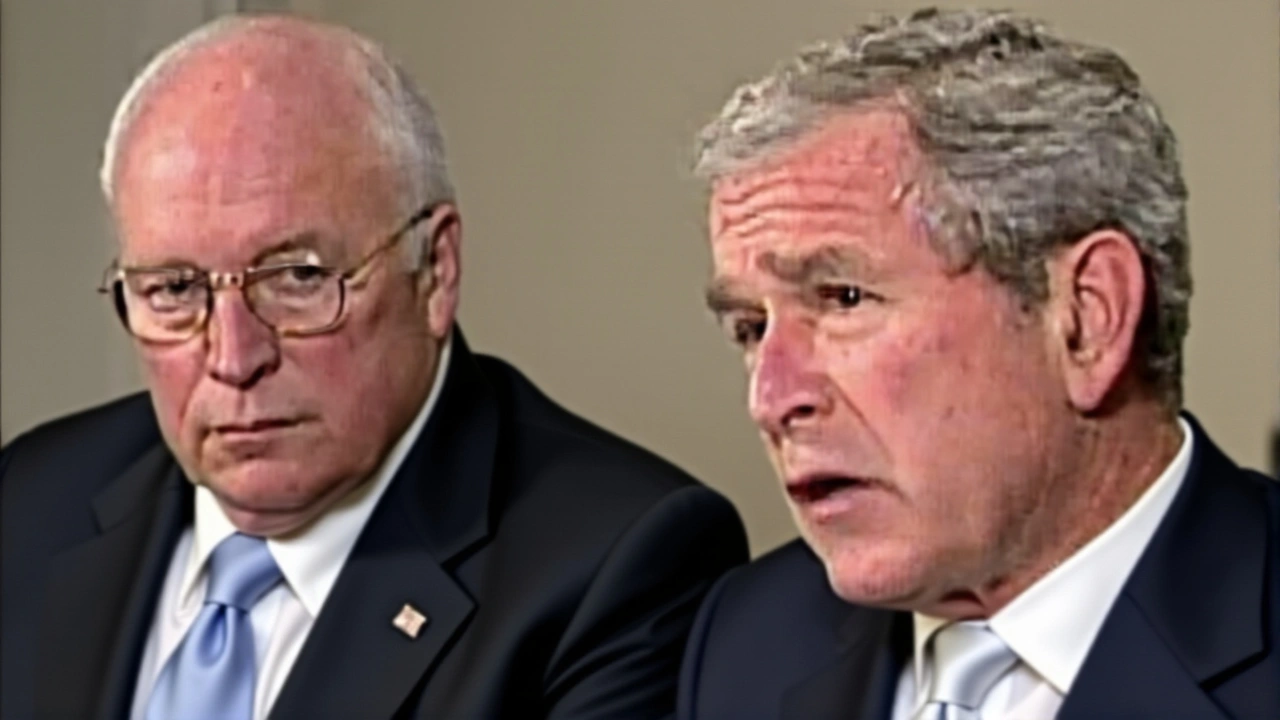United States Vice President
When you think of the United States Vice President, the second-highest official in the U.S. federal government, next in line to the presidency and president of the Senate. Also known as VP, it's not just a ceremonial title—it’s a job with real power, hidden influence, and sudden responsibility. Most people only see them at state funerals or ribbon-cuttings, but the truth is, the Vice President can change the course of legislation, advise the President on national security, and even become Commander-in-Chief overnight.
The Senate leadership, the constitutional role of the Vice President as president of the U.S. Senate is one of the few times a civilian holds direct control over legislative procedure. They don’t vote unless there’s a tie—and when they do, it’s often historic. Think of Kamala Harris breaking 30+ ties in her first term, shaping everything from climate bills to judicial confirmations. Meanwhile, the presidential succession, the legal order that makes the Vice President next in line to assume the presidency if the President dies, resigns, or is removed turns this role into a quiet insurance policy for national stability. History shows us how critical that is: from Truman stepping in after Roosevelt’s death to Ford taking over after Nixon resigned, the Vice President isn’t waiting around—they’re ready to lead.
Behind the scenes, modern Vice Presidents are often trusted advisors, handling sensitive diplomacy, leading task forces on issues like opioid addiction or space policy, and even managing relationships with Congress. They’re the President’s shock absorber—taking heat for unpopular moves while quietly building coalitions. The best ones don’t just follow orders; they shape them. And when a President is struggling, the Vice President becomes the public face of continuity.
What you’ll find here isn’t just news about who’s in the office right now. It’s real stories—how the role plays out in crises, how it affects policy, and how decisions made in the Vice President’s office ripple across the country. From foreign trips that shift global alliances to quiet meetings that change domestic laws, these posts show the Vice President not as a figurehead, but as a force in American governance.

Dick Cheney dies at 84; only official to serve under both Bush presidents
Dick Cheney, the only official to serve as defense secretary under George H.W. Bush and vice president under George W. Bush, died at 84 from complications of pneumonia and heart disease, ending a defining era in American national security policy.